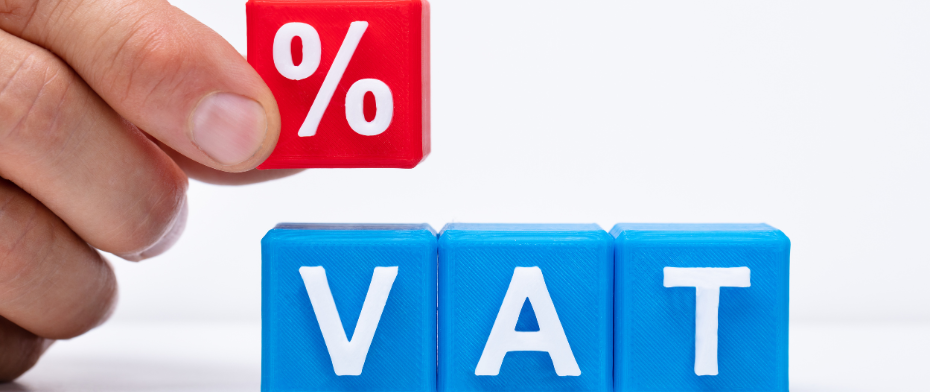Are sales below £90,000 really tax-free?
- TBA

- Oct 2, 2024
- 2 min read
Updated: May 29, 2025
Today, we’re going to delve into a common misconception that many people have when it comes to VAT registration and thresholds.
It’s something we often hear discussed: the belief that £90,000 is the VAT annual tax-free threshold (recently increased from £85,000 in the previous Budget).
But is this assumption correct? Let us assure you – it is absolutely not!
1. When are businesses required to register for VAT?
At TB Accountants, we’ve handled numerous compliance checks and audits where the issue of whether a business has registered for VAT on time has been raised. In some instances, HMRC has even required businesses to pay VAT on sales made before they officially registered! This highlights how crucial it is to understand when VAT registration is necessary and to be proactive about it.
According to current regulations, whether you’re self-employed or operating as a company, if your total turnover hits £90,000 over any consecutive 12-month period, you are obligated to register for VAT without delay.
It’s essential to note that these 12 months do not need to follow the traditional structure of a calendar or financial year. They can span any period of 12 consecutive months.
For example, your threshold could be reached between June 2023 and May 2024, or even from May 2024 to April 2025. Thus, it is critical to monitor your sales and turnover closely, ensuring you are aware of when you are likely to cross the £90,000 threshold.

2. What happens after registering for VAT?
Once you have registered for VAT, you are required to begin charging VAT on all sales made after your registration date.
A major misconception is that the £90,000 figure represents a tax-free allowance. This is incorrect – it merely serves as the threshold for VAT registration. Once you are registered, VAT must be collected on all sales, no matter how small your turnover might be moving forward. There is no tax-free allowance in this regard.
It is imperative that you collect and remit VAT accurately, ensuring that all VAT is properly accounted for and submitted to HMRC. Failure to do so could lead to penalties or additional scrutiny from HMRC, which can be both time-consuming and costly.
At TB Accountants, we strongly advise that businesses seek the assistance of a professional tax advisor. Navigating the complex and ever-evolving world of taxation can be challenging, and a qualified expert can help ensure that your tax affairs are managed efficiently and in a cost-effective manner.
Not only can we help you understand the intricacies of VAT and other taxes, but we can also provide guidance on how to organise your finances in a way that minimises your tax liability and supports the growth of your business.
For individuals and businesses looking for UK taxation services, use our contact form to get in touch for more information.
Get in touch with us at info@tbgroupuk.com or for a free one-to-one consultation.



